May 24, 2025 | 03:45 GMT +7
May 24, 2025 | 03:45 GMT +7
Hotline: 0913.378.918
May 24, 2025 | 03:45 GMT +7
Hotline: 0913.378.918
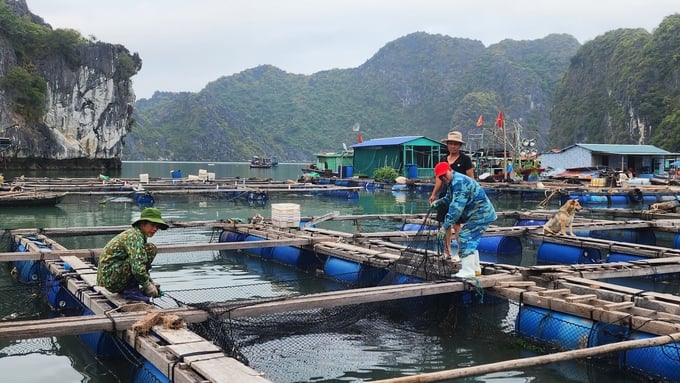
Chinese traders no longer hustle to buy grouper in Cat Ba. Photo: Dinh Muoi.
The most basic and important difference between "unofficial quota" and "official quota" lies in the form of import and customs clearance location, usually secondary border gates, market pairs or border openings of Chinese partners.
Trade through unofficial channels will help Chinese businesses take advantage of tax exemptions and quality control is quite lax, so in recent years, "Unofficial quota" is often chosen by businesses on both sides of the border to import many types of agricultural products. However, exporting through "Unofficial quota" routes is gradually no longer suitable for the Chinese market as it faces many risks.
Recorded in Cat Ba, where seafood trading activities with Chinese traders are often the busiest in Hai Phong. If at the beginning of 2023, Chinese traders came to the rafts to buy grouper at extremely high prices, with no quantity limit, people did not have enough fish to sell, now, near the end of the year, business was gloomy and fish prices dropped.
According to research, the cause of this situation is largely due to Chinese traders stopping buying fish, in addition, recently, the amount of grouper in other localities in the country has begun to increase. These two factors have brought the price of grouper to a much lower level than at the beginning of the year, making trading more difficult.
Mr Dinh Nhu Dang, a household with 150 fish cages in Ben Beo shared: “At the beginning of the year, Chinese traders bought a lot, the price was high, some days they sold fish for up to VND 300,000/ kg and they buy up to several dozen tons of fish in a day. Nowadays, they no longer purchase at a high price like that, the price of grouper we only sell is about VND 230-250 thousand/1 kg".
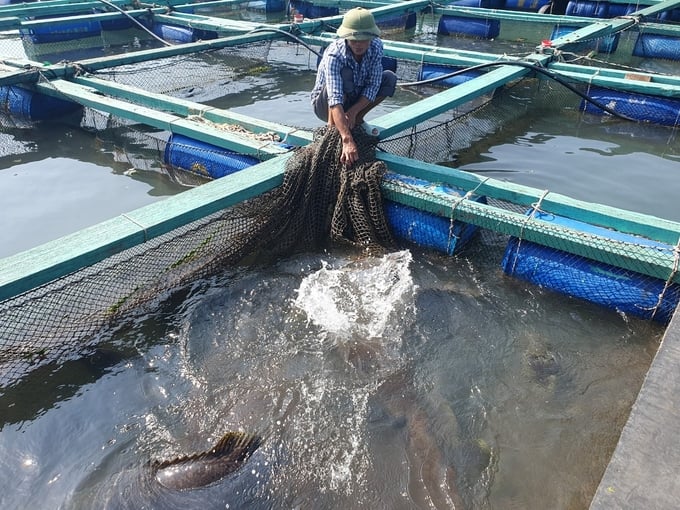
In Cat Ba, there are currently about 600 tons of grouper fish left. Photo: Dinh Muoi.
Unlike Mr Dang's case, Mr Bui Van Luyen's family is currently the household raising the most king grouper in Cat Ba with about 200 fish. Weight ranges from 40-100 kg/fish, the total value is up to tens of billions of VND.According to Mr Luyen, the price of king grouper 5-10 years ago was VND 2 million/kg, which was a normal price. By the time of the COVID-19 epidemic, output was blocked, and fish prices dropped to only VND 500 thousand/kg. Currently, the price has gradually increased again but is only at about VND 1 million/kg.
The customers that king grouper targets are those who can afford it or export it abroad, mainly aiming for China because the price is expensive and few people know about it. Previously, 3-4 fish were sold each month, but now this has nearly stopped completely due to the decrease in demand for grouper fish from China, affecting the consumption of king grouper.
“In China, they only eat seasonally, so when the tourist season ends, demand also decreases. At current prices, fish growers also make a profit but not as much as at the beginning of the year. Raising king grouper is very labour-intensive, and fish food must always be fresh. Every day, king grouper must eat up to three or four meals. It takes a lot of capital to raise this type of fish", Mr Luyen shared.
Continuing to record in the Do Son district and Dai Hop commune area, many traders specializing in purchasing seafood for export to China also said that, bringing seafood into China in the form of exchange between border residents is no longer consistent with the trend of developing high-quality trade, due to increasingly strict requirements.
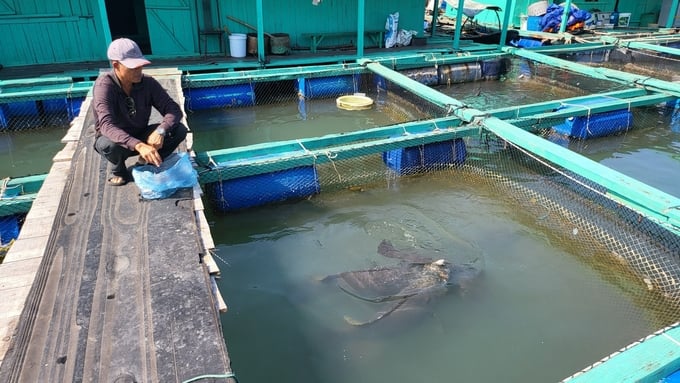
Mr Bui Van Luyen's school of king grouper fish is worth up to tens of billions of VND. Photo: Dinh Muoi.
" 'Unofficial quota' goods are often cleared at secondary border gates, trails, and border openings, so when unusual situations arise such as epidemics, increased border control..., these locations are often temporarily suspended, causing goods to be congested, many shipments are forced to be abandoned or liquidated at low prices", shared Ms Nguyen Thi Mai, a small wholesaler for purchasing seafood exported to China in Dai Hop commune, Kien Thuy district.
In fact, in addition to exporting grouper through unofficial channels, a series of other seafood products in Hai Phong have still been exported to China through unofficial channels for many years in large numbers. The advantage of exporting via unofficial channels is that it is not strict on quality and the procedures are somewhat lax.Therefore, if we want to export seafood sustainably, businesses need to strictly implement management mechanisms and policies on quality standards, disease testing, food safety and hygiene, traceability, import and export business registration, and inspection of growing areas, factories,... for goods in general and export goods in particular.
Translated by Hoang Duy
/2025/05/22/5250-1-184853_288.jpg)
(VAN) According to a representative from the Central Retail Vietnam, Vietnamese products such as seafood, sweet potatoes, dragon fruit, coffee, and spices hold great potential in the Thai market.

(VAN) A multi-channel, multi-directional strategy only works when the agricultural value chain meets global transparency and SPS standards.
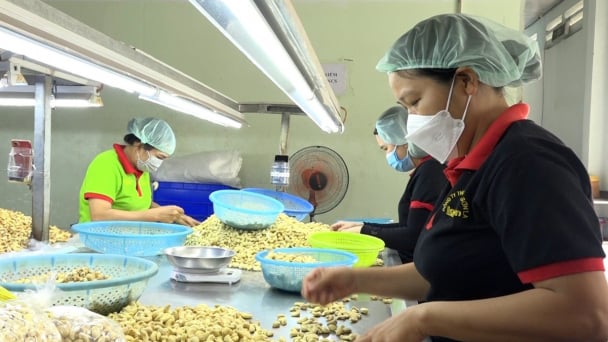
(VAN) Market expansion is a matter of survival for Vietnamese businesses amid fierce competition and global supply chain fluctuations.
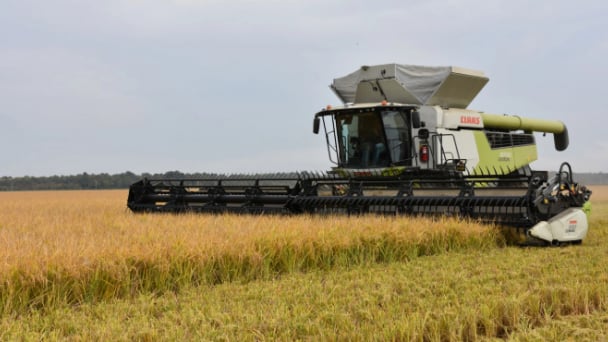
(VAN) Global market prospects for U.S. long-grain rice for the upcoming marketing year.
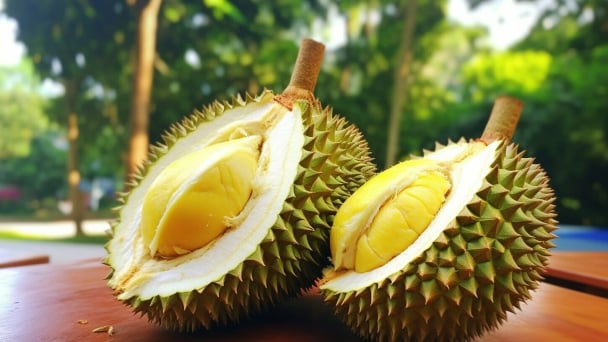
(VAN) China’s General Administration of Customs started permitting fresh durian shipments from Cambodia after a phytosanitary protocol was signed with the Cambodian Ministry of Agriculture in late April.
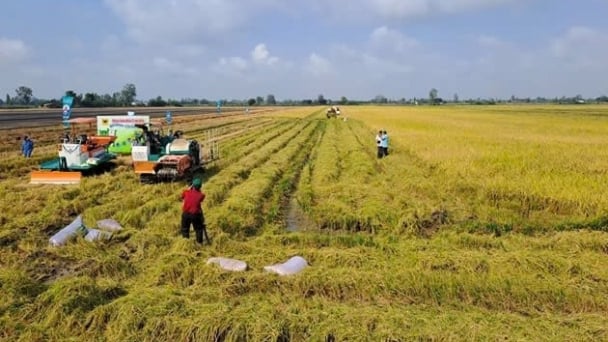
(VAN) To operate carbon market, one of the key issues is determining which types of 'commodities' meet the standards to be traded on the market.
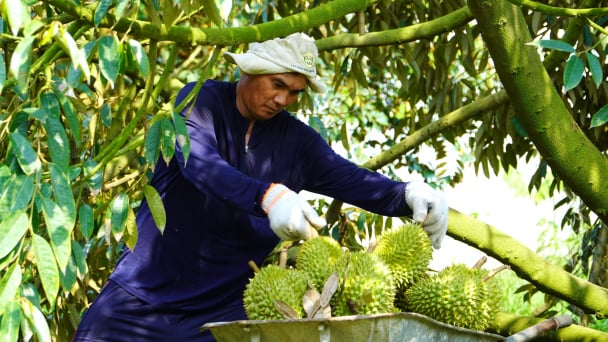
(VAN) Durian-producing localities need to coordinate more effectively with central authorities to improve the traceability, monitoring, and response systems in case of violations.